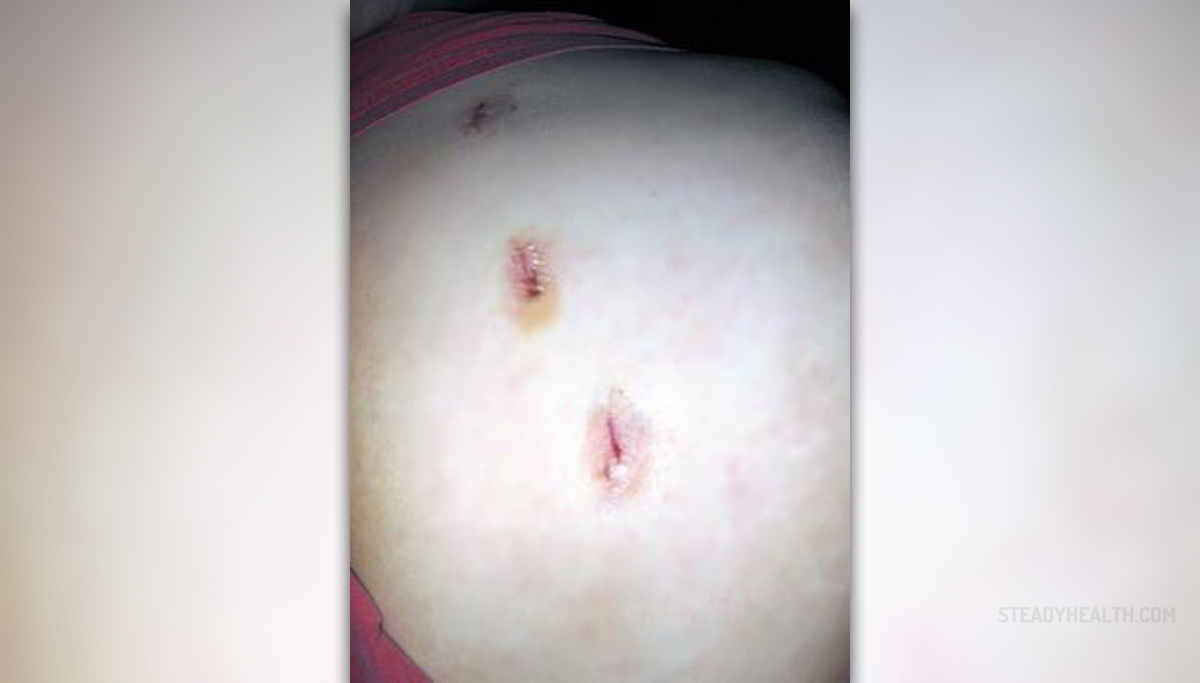
The gallbladder is a tiny organ located below and next to the liver. It acts as a reservoir of bile, a substance produced by the liver necessary for digestion of fat. There are certain medical conditions which require gallbladder removal surgery. Cholecystitis (acute and chronic) as well as gallbladder stones are only some of them.
Gallbladder surgery is a routine surgery. It may be performed as open surgery or laparoscopic surgery. People who have undergone gallbladder surgery should stick to a special diet and are supposed to avoid certain food products. Even though this is a successful surgery with rare complications, side effect of gallbladder removal are still possible and if they occur, they require proper treatment.
Gallbladder Removal Side EffectsThe first day after the surgery most patients have to deal with significant amount of discomfort and/or pain in the operated area. The pain develops as a consequence of resection of the gallbladder and due to remnant carbon dioxide. The air found inside the peritoneal cavity leads to bloating and uneasiness. Remnant air is eventually absorbed. If pain becomes unbearable patients are prescribed pain relieving medications. Complications such as infection of the wound or bleeding rarely occur and they are treated successfully. The most efficient way to prevent infection of the wound and even more serious infections such as pneumonia is to prescribe antibiotics which must be taken for a certain period of time after the surgery.
People can live without the gallbladder. The liver continues with production of bile. After the surgery bile is directly transferred into the small intestine since there is no longer an organ for its storage. Because of this people who have undergone gallbladder removal should avoid foods rich in fats. Excess of fat in the food leads to uneasiness and discomfort in the gastrointestinal tract. Furthermore, the absence of the gallbladder is also associated with heartburn, bloating, nausea, diarrhea, constipation and cramps. The most severe problems are associated with consumption of food rich in specific type of fats (hydrogenated and saturated fats).
Apart from the previously mentioned some patients may suffer from postoperative pain in the shoulders and abdomen, persistent pain in the right upper abdomen, dumping of bile which subsequently leads to instant diarrhea or decrease in bile secretion.
Most of the mentioned problems can be prevented with a well balanced diet. In case problems occur patients should not be worried. They withdraw spontaneously. Only if the symptoms and signs linger a patient is supposed to report them to the doctor as soon as possible.



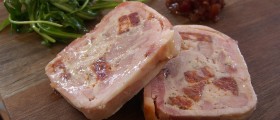
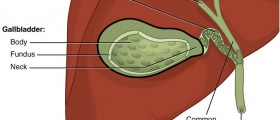
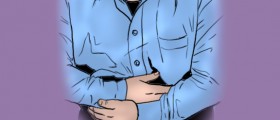
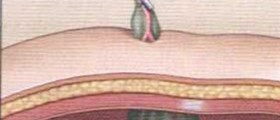
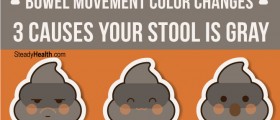

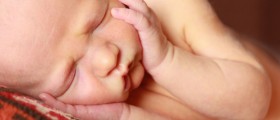

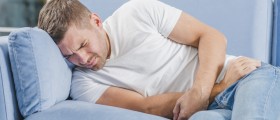

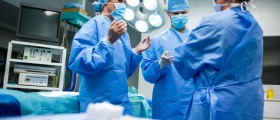
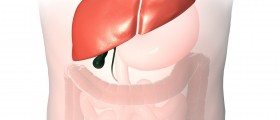
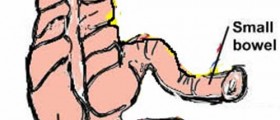
Your thoughts on this
Loading...